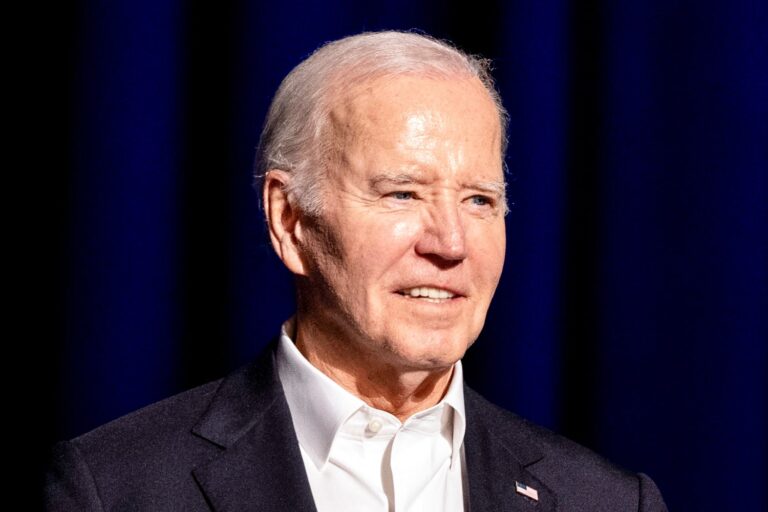The Biden administration has taken executive action to protect the undocumented spouses of U.S. citizens, which will protect about 500,000 immigrants from deportation.
The White House announced its election-year policy on Tuesday, saying: “New Measures to Keep Families Together” NBC News reported that an executive order to protect spouses could be announced soon, following calls from immigration advocates and Democratic lawmakers and as President Joe Biden seeks to win over Latino voters in key battleground states.
Lawmakers have been briefed on the plan and at least some have been invited to the White House for the announcement, according to people familiar with the matter.
“This is the biggest thing since DACA,” an immigration advocate source familiar with the issue said, adding that it’s a smart political move by the Biden administration.
Foreshadowing a likely fight over the policy, the White House has stressed its commitment to taking a tough stance against illegal border crossings and dismantling human smuggling networks.
“I believe securing our border is essential,” Biden said in a press release explaining the new measures on Tuesday.
“He also believes in expanding legal immigration pathways and keeping families together, and that immigrants who have lived in the United States for decades, paying taxes and contributing to their communities are part of the social fabric of our country,” the statement said.
The measure is intended to provide a “great benefit to the nation” by allowing foreign nationals who have been in the U.S. for 10 years or more and are married to U.S. citizens, and their children, to apply for permanent residency without having to leave the country.
The statement added that eligible spouses have been in the U.S. for an average of 23 years.
The program would also make it easier for some undocumented immigrants to obtain green cards and gain U.S. citizenship.
Undocumented spouses will be allowed to obtain work permits on a case-by-case basis, sources said.
The measure also includes a plan to help DACA recipients who earn higher education degrees and are looking for work in those fields get work visas more quickly.
The measure is expected to be challenged in court.

